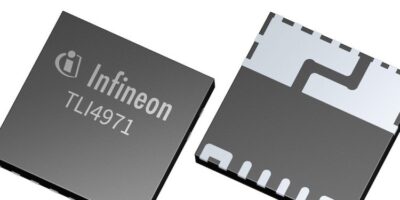Tektronix is delighted to announce, with the kind support of Farnell/Newark/Element14, a chance to win one of two fantastic prizes to celebrate the launch of a new next generation oscilloscope; built for every engineer, for everyday use.
Two lucky engineers have the chance to 1. be a VIP guest at the Tektronix Technology Innovation Forum in Shanghai in June 2019, OR 2. win one of the brand new next generation oscilloscopes.
Who can enter?
Anyone who is an engineer, is currently employed or self-employed, is over the age of 18 and currently uses electronics test and measurement equipment of any brand.
What do you win?
PRIZE 1
A trip to attend Tektronix Technology Innovation Forum in Shanghai, including:
- VIP trip to the TIF on June 11th in Shanghai with access to see the latest advances in technology. (Venue: Shanghai Jing’an Intercontinental Hotel, Hengfeng Road, No. 500)
- Flights for one person from a designated airport, departing on June 8th and returning on June 13th 2019.
- Transport costs in Shanghai (to and from airport, Innovation Forum and Tektronix manufacturing facility)
- Accommodation for 5 nights
- A visit to the Tektronix test and measurement manufacturing facility to see how the products you use are manufactured, and to meet the team who designed them
- A VIP guided tour of Shanghai
- Any personal expenses not covered in the itinerary are excluded
PRIZE 2
A brand new Tektronix oscilloscope worth $3,850
On June 4th Tektronix will be launching their brand new series of oscilloscopes and you can be one of the first to own one! And get even more; more display, more signals, more usability, more choice.
How do you win?
- Submit the contest entry form
- All entries will be put into a prize draw to win a trip to Shanghai or a brand new Tektronix oscilloscope
- The winners will be notified within two days of the contest closing on May 30, 2019.
- For the Shanghai trip prize, all flights, accommodations and your itinerary will be arranged. The winner will need to ensure they are free to travel during June 8-13, 2019, and have a valid passport and Visa to travel to China.





 by Reuters
by Reuters
